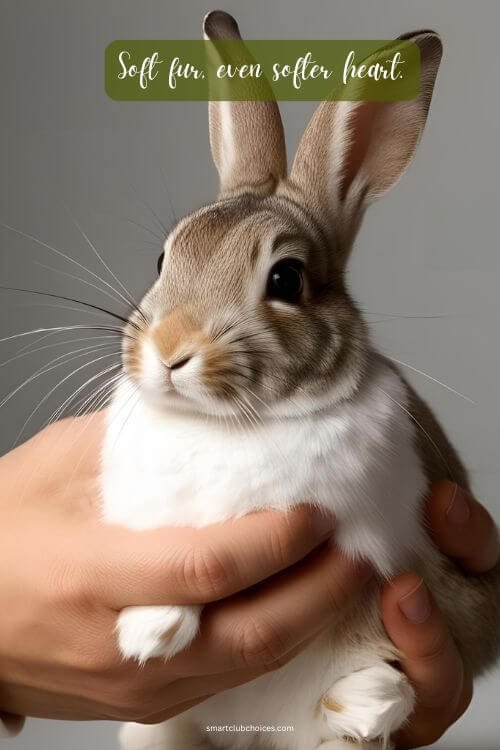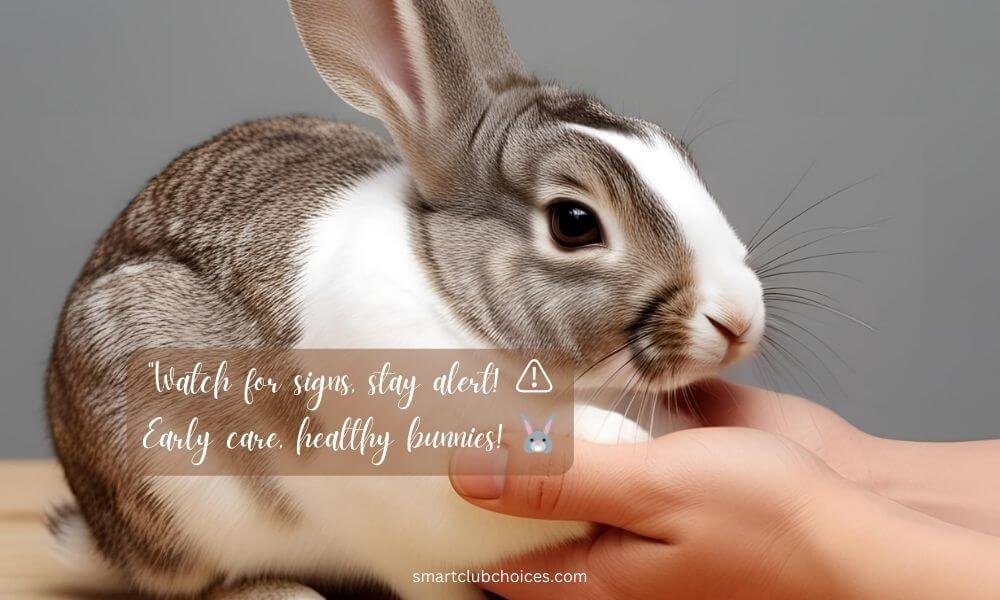Common Rabbit Health Issues and How to Prevent Them
Rabbits are adorable, fluffy, and full of personality, but let’s be real—they can also be a little high-maintenance when it comes to their health.
These little hoppers are experts at hiding illness (thanks, evolution), which means it’s up to us to keep an eye out for any red flags.
From dental dramas to digestive disasters, rabbits have their fair share of health issues. But don’t worry! With a little knowledge and some proactive care, you can keep your bunny happy, healthy, and hopping.
So, let’s dive into the world of rabbit health and learn how to prevent common issues before they become big problems.
Table of Contents
(1) Dental Dilemmas – When Teeth Go Rogue
The Problem
Rabbits have teeth that never stop growing. Sounds cool, right? Wrong. If their teeth don’t wear down properly, they can develop sharp points, overgrown roots, or even abscesses. This can lead to pain, difficulty eating, and a very grumpy bunny.
Signs to Watch For
- Drooling or wet fur around the mouth
- Loss of appetite or difficulty eating
- Weight loss
- Swelling around the jaw
How to Prevent It
- Unlimited Hay: Hay is nature’s toothbrush for rabbits. Make sure your bunny has access to fresh hay 24/7 to keep those teeth in check.
- Chew Toys: Provide safe chew toys made of wood or cardboard to help wear down their teeth.
- Regular Check-Ups: Your vet can spot dental issues early during routine exams.

(2) GI Stasis – The Silent Killer
The Problem
Gastrointestinal (GI) stasis is a fancy term for a digestive system that’s gone on strike. When a rabbit’s gut slows down or stops moving, it can lead to a dangerous buildup of gas and toxins. This is a life-threatening condition that requires immediate vet attention.
Signs to Watch For
- Loss of appetite
- Small, misshapen, or no poops
- Lethargy
- A hunched posture (a sign of pain)
How to Prevent It
- High-Fiber Diet: Hay, hay, and more hay! A high-fiber diet keeps your bunny’s digestive system running smoothly.
- Hydration: Make sure your bunny always has fresh water. You can also offer watery veggies like cucumber or celery.
- Exercise: Encourage your bunny to stay active with plenty of playtime and space to hop around.
(3) Respiratory Issues – When Breathing Gets Tough
The Problem
Rabbits have delicate respiratory systems, and things like dust, ammonia from urine, or poor ventilation can lead to sneezing, coughing, or even pneumonia.
Signs to Watch For
- Sneezing or nasal discharge
- Labored breathing
- Watery eyes
- Lethargy
How to Prevent It
- Clean Living Space: Keep your bunny’s cage or living area clean and well-ventilated. Avoid using dusty bedding or litter.
- Low-Dust Hay: Opt for low-dust hay options, and store hay in a dry, clean area.
- Avoid Irritants: Keep your bunny away from cigarette smoke, strong perfumes, or cleaning chemicals.
(4) Ear Infections – The Itchy and Scratchy Show
The Problem
Rabbits with floppy ears (looking at you, lops) are especially prone to ear infections. These can be caused by bacteria, parasites, or even wax buildup.
Signs to Watch For
- Head tilting or shaking
- Scratching at the ears
- Redness or discharge in the ears
- Loss of balance
How to Prevent It
- Regular Ear Checks: Gently inspect your bunny’s ears for signs of redness, discharge, or odor.
- Clean Living Space: Keep your bunny’s environment clean to reduce the risk of bacterial or parasitic infections.
- Vet Visits: If you notice any issues, take your bunny to the vet for a proper diagnosis and treatment.
(5) Parasites – The Unwanted Guests
The Problem
Rabbits can play host to a variety of uninvited guests, including fleas, mites, and worms. These pests can cause itching, hair loss, and even more serious health issues.
Signs to Watch For
- Excessive scratching or grooming
- Hair loss or bald patches
- Visible parasites (like fleas or mites)
- Weight loss or diarrhea (in the case of worms)
How to Prevent It
- Regular Grooming: Brush your bunny regularly to check for signs of parasites.
- Clean Living Space: Keep your bunny’s cage and play area clean to reduce the risk of infestations.
- Vet-Approved Treatments: If you suspect parasites, consult your vet for safe and effective treatment options.
(6) Conclusion: A Healthy Bunny is a Happy Bunny
Rabbits may be small, but they have big personalities and even bigger health needs.
By staying proactive and keeping an eye out for common issues, you can help your bunny live a long, happy, and healthy life.
Remember, prevention is key. A balanced diet, a clean living space, regular vet check-ups, and lots of love and attention are the best ways to keep your bunny hopping with joy. And if you ever notice something off, don’t hesitate to consult your vet—it’s always better to be safe than sorry.
So, here’s to happy, healthy bunnies and the humans who love them. Now, go give your furry friend a treat (and maybe a head scratch) for being the amazing little hopper they are!








